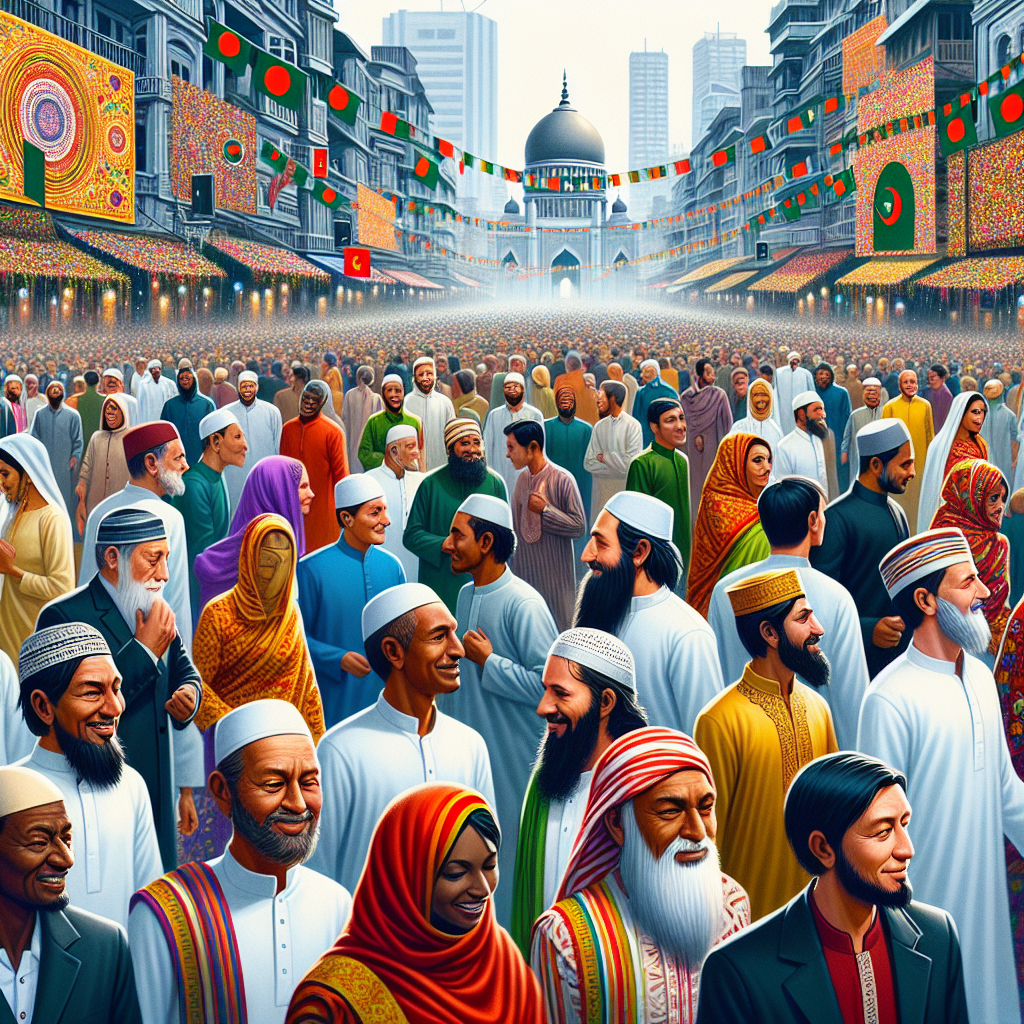Controversy Erupts Over Bangladesh’s Renamed New Year Parade
Controversy Erupts Over Bangladesh’s Renamed New Year Parade
Background of the Controversy
The recent decision by the Bangladeshi government to rename the traditional New Year parade has sparked significant debate and public outcry. The parade, which is a central part of the Bengali New Year celebrations, has been a longstanding cultural event cherished by many.
Reasons Behind the Renaming
The government has cited several reasons for the renaming, aiming to reflect a more inclusive and modern identity. However, these reasons have not been universally accepted, leading to widespread controversy.
- Desire to modernize the event’s image.
- Efforts to promote national unity and inclusivity.
- Aligning with broader cultural reforms.
Public Reaction and Criticism
The renaming has been met with mixed reactions from the public, cultural groups, and political figures. Critics argue that the change undermines cultural heritage and tradition.
- Many see it as an unnecessary alteration of a beloved tradition.
- Cultural purists express concerns over losing historical significance.
- Some political figures have used the issue to criticize the government’s broader cultural policies.
Government’s Response
In response to the backlash, government officials have attempted to clarify their intentions and address public concerns. They emphasize the importance of evolving cultural practices to reflect contemporary values.
- Officials stress the need for cultural evolution.
- Efforts to engage with community leaders to find common ground.
- Plans to incorporate traditional elements into the newly named parade.
Conclusion
The renaming of Bangladesh’s New Year parade has ignited a heated debate over cultural preservation versus modernization. While the government aims to foster inclusivity and modernity, many citizens remain attached to traditional values. The outcome of this controversy may set a precedent for how cultural events are approached in the future.






































